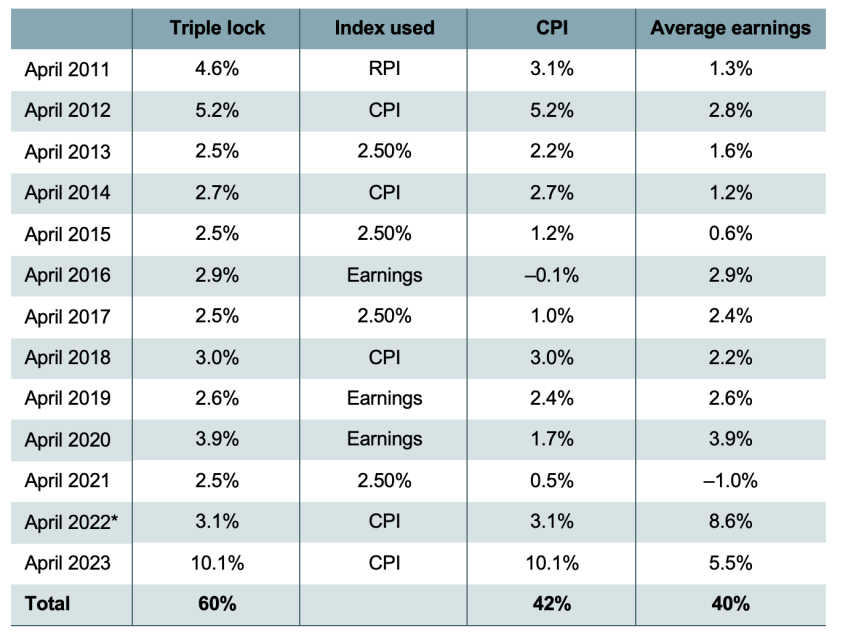The Scottish government is consulting about the introduction of a Scottish bill to incorporate human rights law into Scottish legislation. The exercise is somewhat limited by the terms of the devolution settlement, which largely reserves ‘equal opportunities’ to Westminster – it’s in schedule 5 of the Scotland Act 1998 , but there are other things that the Scottish Parliament could do.
I’ve responded to some of the questions, and I am duplicating my response in the passages that follow.
1 What are your views on our proposal to allow for dignity to be considered by courts in interpreting the rights in the Bill?
‘Dignity’ is subject to interpretation. Nordenfeldt, in an article on “The varieties of dignity” (Health Care Analysis, 12(2) 2004), identifies four different meanings: dignity as merit, as moral stature, as identity, and as human worth. Only the fourth of these is universal. The former Chief Rabbi, Jonathan Sachs, claimed a fifth: the ‘Dignity of Difference’, arguing for a view of dignity that was both collective and cultural.
The incorporation of the principle of ‘dignity’ is unlikely to have the legal effect that the Scottish Government desires. A recent judgment in the European Court of Human Rights upheld the right of a Roma woman to beg, on the basis that the right to beg was an expression of her dignity (ECHR 2021, Lacatas v Switzerland, 14065/15) – but the right to have enough resources not to beg was not protected.
3 What are your views on the types of international law, materials and mechanisms to be included within the proposed interpretative provision?
The Human Rights protected by international law are intended to establish a universal minimum. Equalities, social protection, economic rights, social rights, public sector duties and access to justice are not really part of that. They are, rather, rights of citizenship, going well beyond the limited aspirations of human rights.
Laws that focus specifically on Human Rights have had at most a limited effect on the operation of the law in the UK. According to solicitors Mishcon de Reya (Submission to IHRAR’s Call for Evidence, 2021), Human Rights were cited in 538 legal cases from 2000 to 2021: the courts made a Declaration of Incompatibility in only 39 of those cases, and 8 of those were overturned on appeal. (The main impacts in those very few cases have related to immigration and mental health issues.) The Scottish Government cannot rely on the incorporation of Human Rights law to address the broad range of problems identified in this consultation.
5 Are there any rights in the equality treaties which you think should be treated differently?
The Scottish Government is legally limited in what it can do for protected groups, because that would be liable to violate the reservations of the Scotland Act, but it can pursue equality more meaningfully by other routes. The Child Poverty Strategy is an example.
12 Given that the Human Rights Act 1998 is protected from modification under the Scotland Act 1998, how do you think we can best signal that the Human Rights Act (and civil and political rights) form a core pillar of human rights law in Scotland?
The Human Rights Act 1998 only committed governments and their successors to uphold the minimum standards established in international law. This is a floor, not a pillar.
15 How do you think we should define the groups to be protected by the equality provision?
The protected characteristics identified in the Equality Act 2010 leave gaps and ambiguities. The many gaps include, for example, national origin, locality, social class, accent, inequalities of birth, fortune and discrimination through favoritism. The Scottish Government may not have the competence to amend the Equality Act, but it can at least take action on these issues as they relate to the conduct of public policy in Scotland.
16 Do you agree or disagree that the use of ‘other status’ in the equality provision would sufficiently protect the rights of LGBTI and older people?
Disagree. Age, sexual orientation and gender reassignment are already protected in the Equality Act. It is difficult to see what difference further legal incorporation will make.
19 What is your view on who the duties in the Bill should apply to?
I support the principle that duties should apply to any body carrying out devolved public functions.
33 What are your views on our proposed approach to ‘standing’ under the Human Rights Bill?
The extension of ‘standing’ to permit persons with a ‘sufficient interest’ to initiate legal action is welcome. However, it still falls some way short of what is needed to protect economic, social and cultural rights.
In the USA, legal action takes two other forms not currently permissible in either England or Scotland:
● the use of class actions, extending beyond group litigation to people who are affected but not participants; and
● the presentation of a Brandeis brief, a rule of evidence which has been available in the USA for more than a century. The brief makes it possible for courts to consider non-legal submissions from social scientists, reviewing evidence of the overall economic or social impact of a case. Evidence in this form can be taken from amici curiae, persons or bodies not otherwise party to the action.
In so far as these are rules about due process in a court of law, introducing these measures would fall wholly within the competence of Scottish law-makers.
36. If you do not agree that existing judicial remedies are sufficient in delivering effective remedy for rightsholders, what additional remedies would help to do this?
There need to be routes permitting rapid, authoritative, low-cost access to legal redress. As things stand currently, judicial review of administrative action can only be granted when other measures have been explored and failed. This creates barriers to justice, and the process is simply too slow to protect people with limited resources. There have been rapid, urgent actions taken on behalf of some people, such as migrants facing illegal deportation, but there is no obvious equivalent route for people who have been left without money for food this week. For most, there is no effective way of getting legal redress before the penalty, and the problems, have been suffered.
40 What are your views on our proposals for a Human Rights Scheme?
Impact assessments can act as a useful guide to administrative action, but in practice (for example, in relation to gender or the environment) there has been a tendency for some bodies to claim that there is nothing to consider when they have simply failed to see the implications. Assessments need to be reported, collated and subject to scrutiny in order to be effective in guiding practice.
For those who want to add their views, the full consultation, which closes on the 5th October, is available here.

